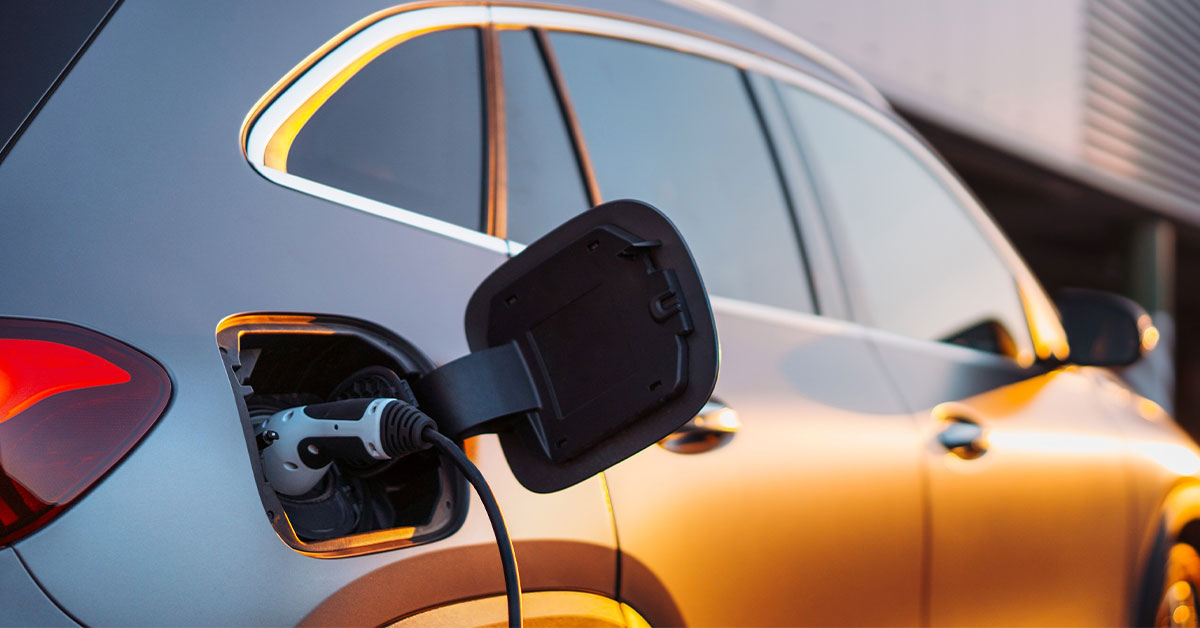Thinking about making the switch to electric? While the initial cost of an electric vehicle (EV) might seem higher, it’s important to look beyond the price tag. When you factor in running costs, maintenance, tax, and incentives, especially through a salary sacrifice scheme, the long-term financial benefits can be significant.
This article explores the true cost of driving electric compared to petrol, highlighting key factors that influence overall affordability and value.
Understanding Total Cost of Ownership (TCO)
Total Cost of Ownership (TCO) is a comprehensive way to understand the real financial impact of a vehicle. It includes:
- Lease or purchase costs
- Fuel or electricity expenses
- Maintenance and servicing
- Insurance
- Road tax
- Depreciation
- For Salary Sacrifice Vehicles: Benefit-in-Kind (BiK) tax
Looking at these costs over the life of a vehicle, typically 3 to 4 years, provides a clearer picture of what you’re really spending.
Electricity vs Fuel: Day-to-Day Running Costs
One of the most immediate savings with EVs comes from powering them. Charging at home can cost as little as 6.7p per kWh, meaning a full charge might cost just a few pounds. For many drivers, this equates to less than £20 a month for electricity.
In contrast, petrol vehicles can easily cost £100+ per month to refuel, depending on mileage and fuel prices. Over a year, that difference can add up to over £1,000 in savings.
Maintenance: Less to Worry About
Electric vehicles require far less maintenance. With no engine oil, spark plugs, timing belts or exhaust systems, routine servicing is simpler and cheaper. EVs also benefit from regenerative braking, which reduces wear on brake pads.
Petrol cars, while reliable, come with more moving parts and therefore more potential for wear and unexpected repairs over time.
Tax and Salary Sacrifice Benefits
One of the most powerful ways to drive an electric car affordably is through a salary sacrifice scheme. This arrangement allows employees to exchange a portion of their gross salary for a leased EV, which means:
- You save on Income Tax and National Insurance
- You pay Benefit-in-Kind (BiK) tax, but EVs are rated very low (currently 3% in 2025)
For petrol vehicles, especially when leased personally, these tax advantages don’t apply. Costs are paid from post-tax income.
Environmental and Long-Term Value
Beyond financials, electric vehicles are an investment in cleaner air and lower carbon emissions. With increasing access to public chargers and home charging solutions, EVs are now more practical than ever.
As the UK government pushes forward with net-zero goals and petrol vehicle phase-outs, EVs are likely to hold their value and receive ongoing support through incentives and infrastructure improvements.
Final Thoughts
While petrol vehicles may appear cheaper at first glance, the total cost of ownership tells a different story. With dramatically lower running costs, simpler maintenance, and significant tax savings through salary sacrifice, electric vehicles offer both immediate and long-term value.
At GKL, we’re here to help you make the switch, with expert guidance, flexible leasing options, and tailored salary sacrifice solutions.
Drive smarter. Save more. Go electric with confidence.



